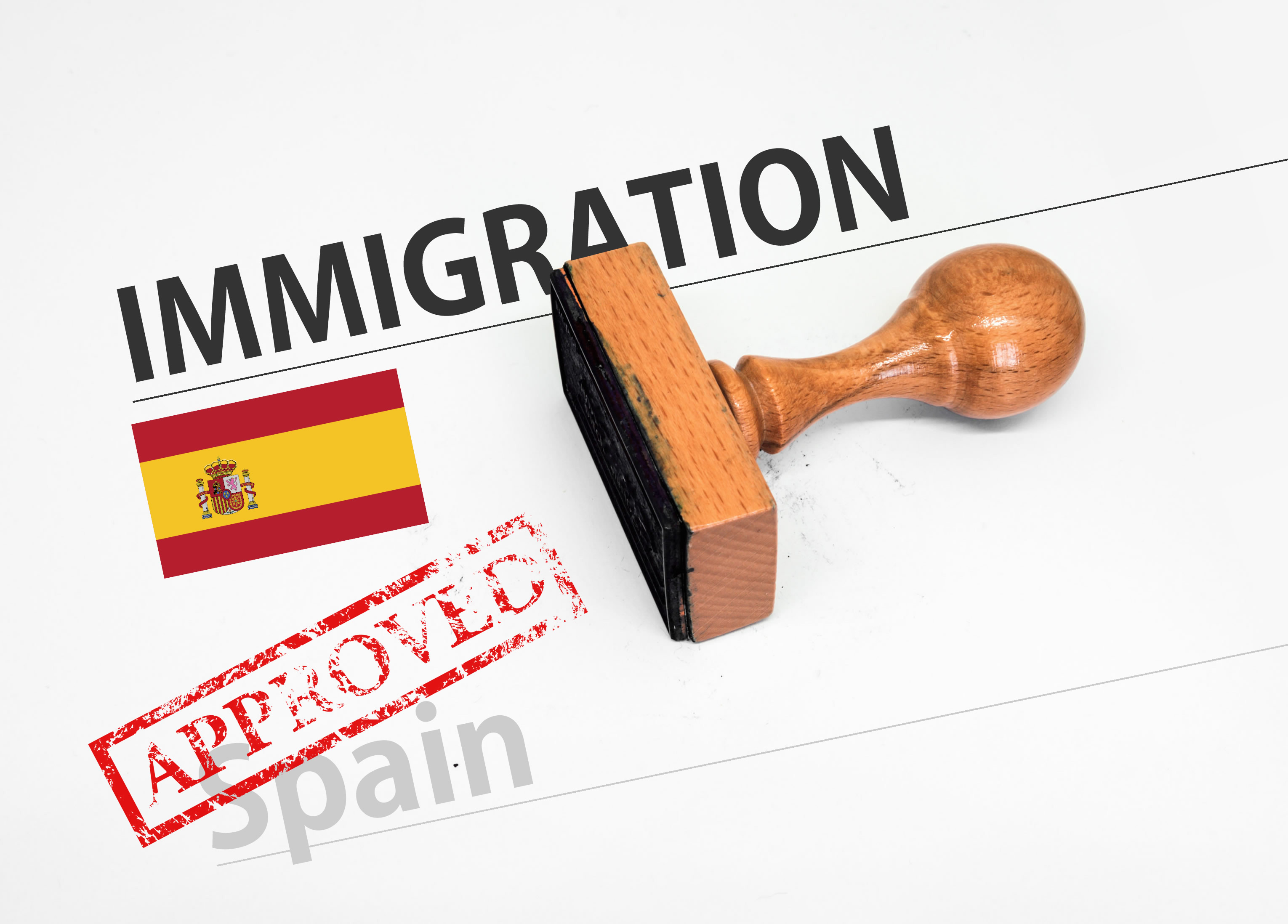New Immigration Regulations In Spain: Will They Benefit Me, Or Should I Use The Previous Ones?

On 19 November 2024, the Spanish Cabinet approved the new Regulations of the Immigration Act (through Royal Decree 1155/2024). The regulations, published in the Official State Gazette (BOE) on 20 November, will enter into force in 6 months’ time, i.e. on 20 May 2025.
Written for Expat Network by María Eugenia Blasco Rodellar, Immigration Partner. AGM Abogados
The applications submitted before the entry into force of the new regulations will be processed and resolved in accordance with the regulations prevailing on the date of their submission, unless the interested party requests the new regulations to be applied and accredits compliance with the requirements for each type of application set out in the new regulations.
This matter becomes relevant when, due to the regulatory change, the current regulations may be considered more beneficial. We will return to this later
The main purpose of the new regulations is to strengthen the migrants’ integration through three key areas: work, education and family.
One of the main new features is that the time required to apply for regularisation due to social integration is reduced from three to two years. In addition, new categories are included such as social and work integration, designed to regularise those who can demonstrate an active employment relationship, and second-chance integration, which benefits those who were unable to renew their permits and have, therefore, fallen into what is known as “supervening irregularity”.
The new regulations also aim to significantly simplify the administrative procedures, reducing the bureaucracy associated with the residence and work authorisations. For example, initial authorisations will last for one year and can be renewed for four-year periods, providing greater stability for both the migrants and their employers.
Likewise, the family reunification cases have been extended since unregistered couples are included and the maximum age of the children who can be reunited is increased, thus promoting family unity. In this area, a specific permit is also created for relatives of Spanish citizens, leaving these cases outside the current regulations of Royal Decree 240/2007 for EU citizens and their relatives.
Although, in principle, this new authorisation can be considered similar to the previous one, there are consequences that must be taken into account in order to assess whether it is advisable to start the procedure as soon as possible or it is irrelevant. Here are some examples:
- Ascendants of Spaniards: they can currently apply for family integration if they are aged over 65 and live in Spain, without the need to prove financial or health reasons. The new regulations do not establish an age limit, but the ascendants must prove
that they are dependent on a Spanish relative, lack family support in their country of origin, or live in Spain for humanitarian reasons.
- Other relatives: although the cases have been extended (e.g. in the case of children), by separating these relatives from the Community Regime, their right to reside and work in Spain is no longer automatic but depends on obtaining residence. Therefore, while their application is being processed, they cannot work (which could be done under the Community Regime regulation). In addition, residence will take effect from the moment it is granted and not from the moment it is applied for (as was the case until now and, therefore, the time for applying for nationality started from the application and not from the granting, which can take place months later).
As a result, for the relatives of Spanish citizens who wish to settle in Spain in the short or medium term, we recommend them to seek advice immediately to analyse whether it is in their best interest to hasten their decision or wait until the new regulations enter into force.
Other relevant changes will also apply to international students. The new regulatory framework facilitates compatibility between studies and employment, allowing this group to integrate more easily into the Spanish labour market. This measure responds both to the needs of migrants and to the demands of key sectors in Spain such as agriculture, construction and care.
In short, for the first time since 2011, the new Immigration Regulations are a major change to the rules, improving them in many respects.
Nevertheless, it is essential to analyse each specific case to determine, depending on each citizen’s personal interests, the best strategy for their migration process and residence in Spain.